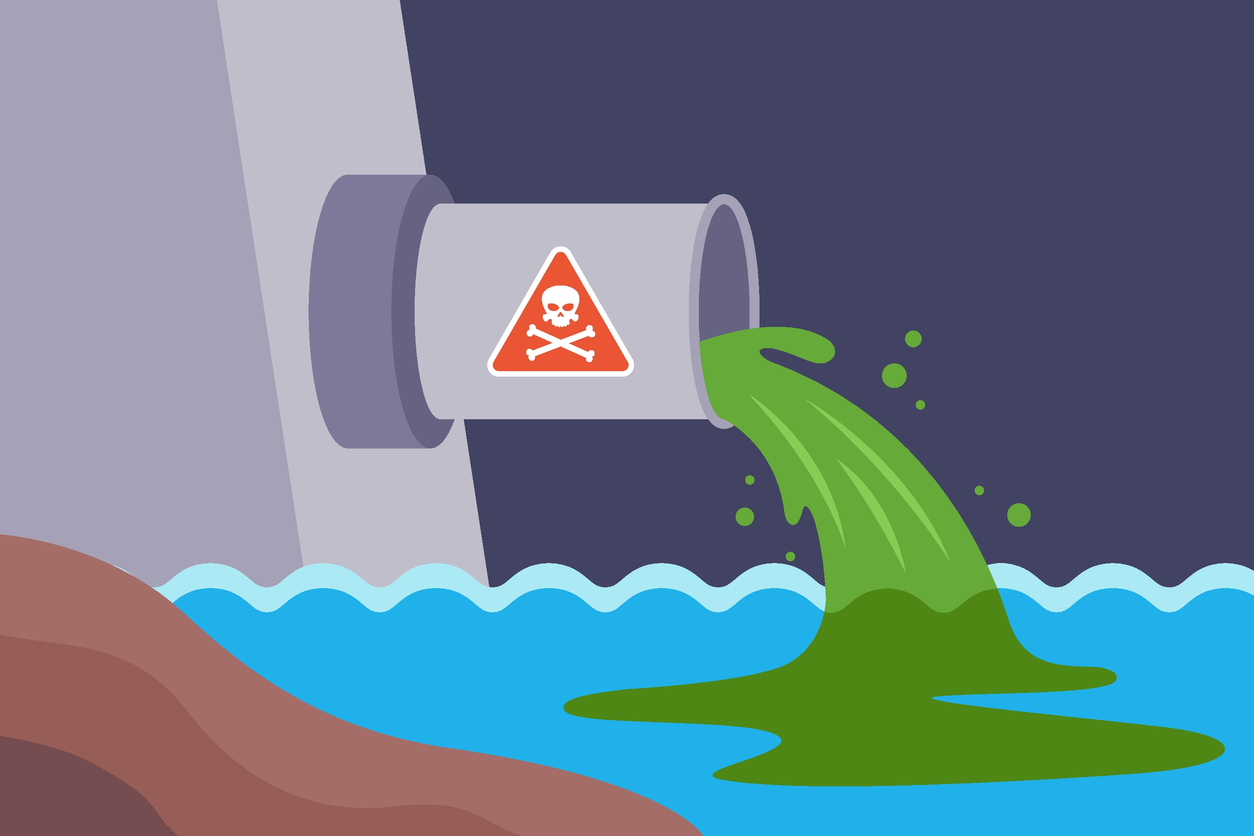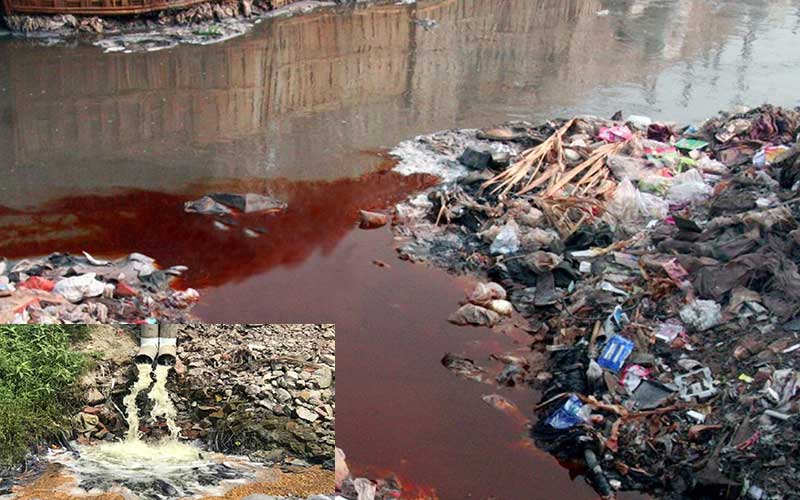The Relevance of Fluid Waste Disposal in Preserving Public Health And Wellness and Environmental Security
The relevance of fluid waste disposal prolongs much past mere compliance with laws; it is an important variable in protecting public wellness and ensuring ecological stability. As we check out the multifaceted ramifications of liquid waste disposal, it becomes apparent that a detailed understanding is essential to deal with these pushing worries.
Wellness Dangers of Improper Disposal
Improper disposal of fluid waste presents significant health and wellness risks that can impact both neighborhoods and people. When liquid waste is not managed properly, it can infect alcohol consumption water products, causing a myriad of health and wellness problems. liquid waste disposal melbourne. Microorganisms present in untreated waste can cause transmittable diseases, while chemicals might result in lasting wellness complications, consisting of cancer and neurological conditions
In largely booming areas, the threat intensifies as inappropriate disposal can cause episodes of waterborne ailments such as cholera and dysentery. Vulnerable populations, consisting of youngsters, the elderly, and those with pre-existing health and wellness problems, are particularly susceptible to these unfavorable results. Furthermore, exposure to hazardous materials in fluid waste can disrupt endocrine features and hinder reproductive wellness.
It is vital for public health authorities to advertise and implement rigid regulations awareness campaigns concerning appropriate fluid waste disposal techniques. By doing so, we can reduce these health and wellness risks and secure the health of people and the wider area.
Ecological Influence of Fluid Waste
Liquid waste disposal dramatically influences the setting, with effects that can be both long-lasting and immediate. When liquid waste is improperly managed, it can lead to extreme contamination of dirt, rivers, and air. Hazardous compounds usually existing in fluid waste, such as heavy steels, chemicals, and organic solvents, can seep right into the ground, posing threats to ecological communities and human wellness.
The instant effects of fluid waste disposal consist of eutrophication, where nutrient-rich waste advertises excessive algae growth in water bodies. This process diminishes oxygen degrees, causing the death of aquatic life and interruption of local biodiversity. Furthermore, the leaching of unsafe chemicals into groundwater can endanger alcohol consumption water materials, creating lasting wellness dangers for communities.
Long-term consequences of inadequate fluid waste administration include environment deterioration and loss of biodiversity. Delicate environments, such as marshes and rivers, are particularly prone, as they rely upon tidy water to sustain varied plants and animals. Generally, the environmental effect of liquid garbage disposal underscores the immediate need for reliable management approaches to safeguard both the setting and public health and wellness.
Reliable Disposal Methods
When considering efficient disposal techniques for fluid waste, it is critical to implement techniques that lessen ecological influence while ensuring public health security. Chemical treatments, including coagulation and neutralization, can make harmful compounds inert, while physical approaches like purification or sedimentation aid divide strong particulates from liquids.
Additionally, incineration is an effective disposal method for specific liquid wastes, particularly those that are flammable or very poisonous. This procedure transforms waste right into ash, gases, and warm, substantially decreasing the volume of waste while minimizing risks linked with storage space.
In addition, safe and secure landfilling of cured liquid waste can be a practical option when various other approaches are unwise. Making sure that landfills are designed with linings and leachate collection systems aids stop contamination of groundwater and surrounding ecosystems.
Last but not least, reusing and healing of certain fluid waste materials can contribute to source conservation - liquid waste disposal melbourne. Implementing these approaches not only protects public wellness however also advertises environmental sustainability, cultivating an accountable method to throw away monitoring
Legal Rules and Compliance

Conformity with these regulations is vital not just for legal responsibility yet also for safeguarding public wellness and the setting. Web Site Organizations should establish and carry out comprehensive waste management prepares that follow governing standards, including acquiring needed authorizations, conducting regular evaluations, and preserving in-depth documents of garbage disposal tasks.

Area Recognition and Education And Learning
Promoting area understanding and education and learning regarding fluid waste disposal is vital for cultivating responsible environmental stewardship. Increased understanding of the effects of improper liquid waste disposal can significantly affect public health and ecological safety and security. Educational initiatives can equip people to acknowledge the sorts of fluid waste that require special delivery, such as hazardous materials, and the potential threats they posture to both human wellness and ecosystems.
Community programs that include workshops, educational campaigns, and college curricula can properly share knowledge regarding appropriate disposal approaches. By motivating area participation and involvement, these programs can grow a society of responsibility and liability. In addition, local federal governments and organizations ought to work together to offer accessible sources, such as disposal sites and guidelines for fluid waste management.
Including practical demos and interactive sessions can even more enhance finding out results, you can check here making the information much more workable and relatable. Eventually, a well-informed area is better equipped to make enlightened choices relating to fluid garbage disposal, causing enhanced public wellness end results and a safer atmosphere. The collective initiative of federal governments, companies, and people is vital in developing a sustainable future.
Conclusion
In final thought, the value of appropriate liquid waste disposal is critical for guarding public health and wellness and making sure environmental security. Failure to adhere to efficient disposal approaches can result in serious wellness threats and ecological destruction.
The significance of fluid waste disposal expands far past plain conformity with laws; it is a vital variable in protecting public health and wellness and making certain environmental stability. liquid waste disposal melbourne.The instant results of fluid waste disposal include eutrophication, where nutrient-rich waste advertises extreme algae growth in water bodies. On the whole, the ecological influence of liquid waste disposal underscores the urgent need for reliable monitoring approaches to safeguard both the atmosphere and public health
When thinking about efficient disposal methods for fluid waste, it is crucial to carry out methods that decrease environmental influence while making certain public health and wellness security. Different regulations govern the management of fluid waste, including the Resource Conservation and Recuperation Act (RCRA) in the United States, which describes the appropriate handling, treatment, and disposal of hazardous waste.